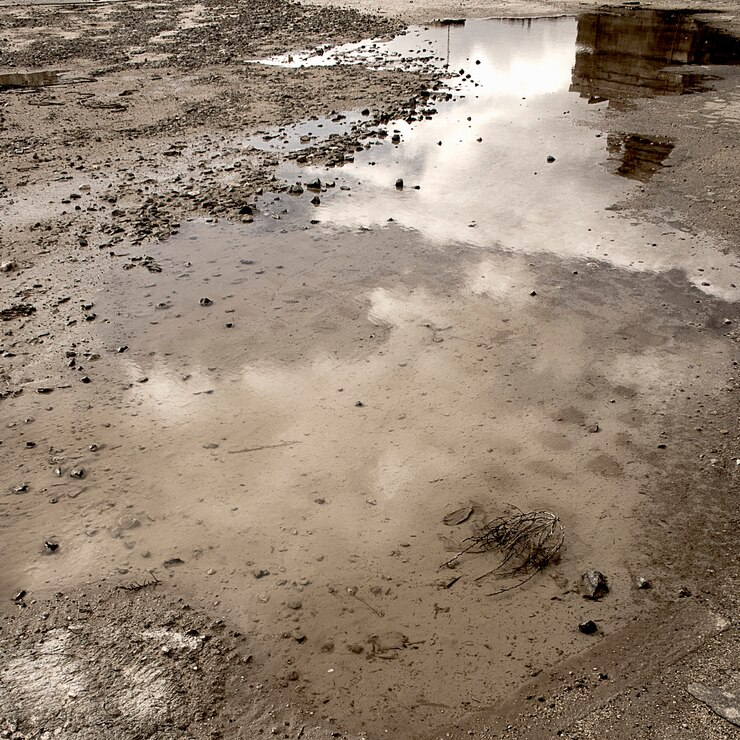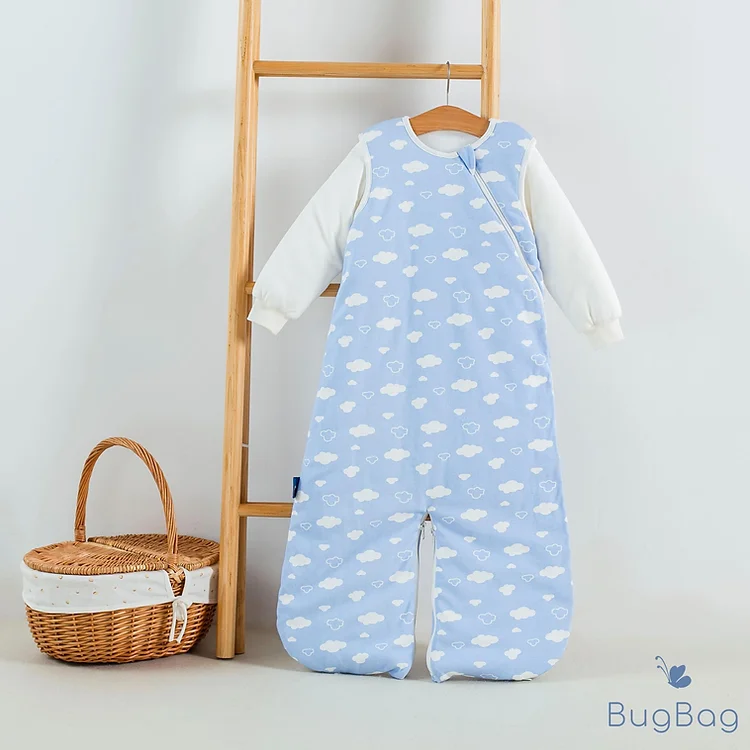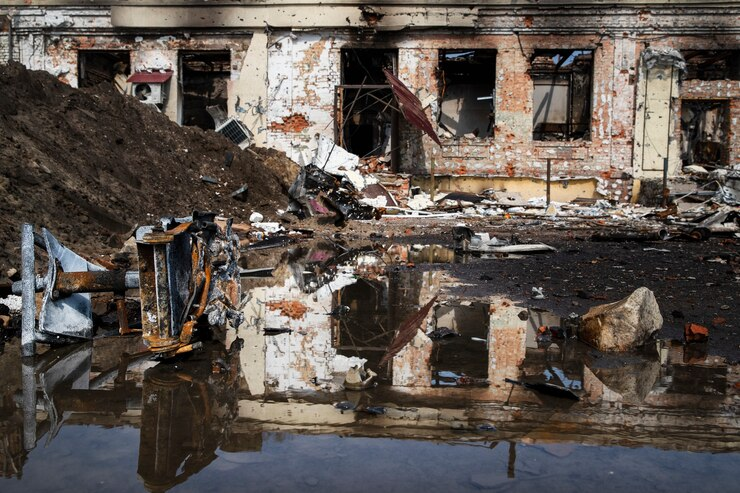 Custom SEO Strategy – Your Path to Page #1 Starts Here!
Custom SEO Strategy – Your Path to Page #1 Starts Here!
7 Ways To Safeguard Your Home From Flood Water Damage
Written by Cavalry Construction & Restoration » Updated on: June 17th, 2025

Floods can cause considerable damage to homes, which result in extensive repairs at high cost. So protecting it with proper flood prevention measures is critical to keeping costs under control. There are a plethora of practical steps you can take to minimize risks and be ready for anything flooding might bring your way; from installing sump pumps and sealing cracks, these methods may keep your home secure and protect its value.
It is pretty clear that flood water can enter your space through multiple entryways- such as the basement, windows, doors, as well as walls. Hence, knowing how to safeguard each vulnerable spot is imperative. Remember, having emergency plans with materials in hand and being proactive about protecting each one may make all the difference. This may help you save yourself the headache of water damage reconstruction work later.
In this article, we'll outline seven effective steps that will protect your home against flood water damage and ensure the safety of both yourself as well as your family during a flooding event.

Install a Sump Pump
A sump pump is an important flood-prevention measure. It helps to eliminate water from basements as well as low-lying regions. All you need to do is to place the pump in a sump hole that gathers water. When the water level rises, the pump immediately starts and directs the flow away from your property. However, you need to test it on a regular basis and have a backup power source in case of a power loss.
Seal Cracks and Gaps
Cracked walls, as well as foundation gaps, become a key source of water leakage when heavy rainfall strikes. Inspect your home for these openings and seal them using waterproof caulk or sealant to avoid an unexpected flood of rainwater coming during heavy storms. Furthermore, check windows and doors for gaps and seal as soon as they appear. These easy steps could save thousands.
Install Flood Barriers
Robust sandbags or inflatable flood barriers may help keep water out of your property. Therefore, when there is a threat of flooding, you should place them along the perimeter of your property. These barriers may reroute water flow, alleviating its effect on your house. Furthermore, these are reusable, which means you can easily store them.

Elevate Electrical Systems
Floodwaters can wreak havoc on electrical systems and lead to costly repairs, so take measures to protect these in advance. Elevating outlets, switches, appliances above potential flood levels is one way to avoid electrical fires as well as reduced water damage reconstruction needs in flood-prone areas. In particular, consider elevating your entire electrical panel.
Improve Drainage Around Your Home
Proper drainage system in place is quite important for keeping water from accumulating around your property. So, ensure that the land slopes away from your home to direct water flow. Also, to prevent blockages, clean your gutters as well as downspouts from time to time. Remember, a French drain or rain garden may also assist in managing surplus water.
Use Flood-Resistant Materials
When building or renovating, pick flood-resistant materials for your abode. These can withstand exposure to water while mitigating damages caused by it. For instance, use tiles or marble in lieu of carpeting and metal / aluminum doors in lieu of wooden ones. These choices could save money on both repairs as well as emergency restoration services when dealing with an unexpected flooding disaster.
Have an Emergency Plan
It is best to prepare an emergency plan for your family in the event of a flood, as uncertainty can take place anytime. You must know your evacuation routes and have a safe place in mind where you can take shelter in case of emergency. In addition to this, store vital documents as well as valuables in a waterproof container. Also, don't forget to prepare an emergency kit with basics like water, food, as well as prescriptions. This strategy will allow you to respond promptly and safely during a flood.

Endnotes
Safeguarding your home against flood water damage requires taking proactive steps. Installing a sump pump, sealing cracks, and using flood barriers are effective measures. Apart from these, elevating electrical systems and improving drainage may further lower the risk. Making these plans part of a family protection strategy can ensure your as well as your loved ones wellbeing during flooding events. However, in severe cases, don't forget to seek emergency restoration services pros.
Note: IndiBlogHub features both user-submitted and editorial content. We do not verify third-party contributions. Read our Disclaimer and Privacy Policyfor details.
Copyright © 2019-2025 IndiBlogHub.com. All rights reserved. Hosted on DigitalOcean for fast, reliable performance.










